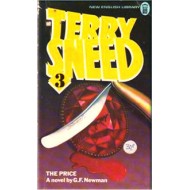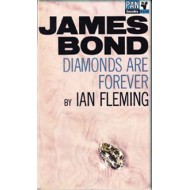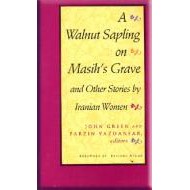
- موجودی: موجود
- مدل: 202751 - 97/5
- وزن: 0.30kg
The Cherry Orchard
نویسنده: A. Checkov
ناشر: Foreign Languages Publishing House Moscow
زبان کتاب: انگلیسی
تعداد صفحه: 139
اندازه کتاب: جیبی روکشدار - سال انتشار: بین دهه پنجاه تا شصت میلادی
کمیاب - کیفیت : در حد نو ؛ عطف چسب خوردگی دارد
مروری بر کتاب
مصور
'The Cherry Orchard' is the last play by Russian playwright Anton Chekhov. It opened at the Moscow Art Theatre on 17 January 1904 in a production directed by Constantin Stanislavski. Although Chekhov intended it as a comedy, and it does contain some elements of farce, Stanislavski insisted on directing the play as a tragedy. Since this initial production, directors have had to contend with the dual nature of the play.
The play concerns an aristocratic Russian woman and her family as they return to their family estate (which includes a large and well-known cherry orchard) just before it is auctioned to pay the mortgage. While presented with options to save the estate, the family essentially does nothing and the play ends with the sale of the estate to the son of a former serf; the family leaves to the sound of the cherry orchard being cut down.
The story presents themes of cultural futility - both the futile attempts of the aristocracy to maintain its status and of the bourgeoisie to find meaning in its newfound materialism. In reflecting the socio-economic forces at work in Russia at the turn of the 20th century, including the rise of the middle class after the abolition of serfdom in the mid-19th century and the sinking of the aristocracy, the play reflects forces at work around the globe in that period.







